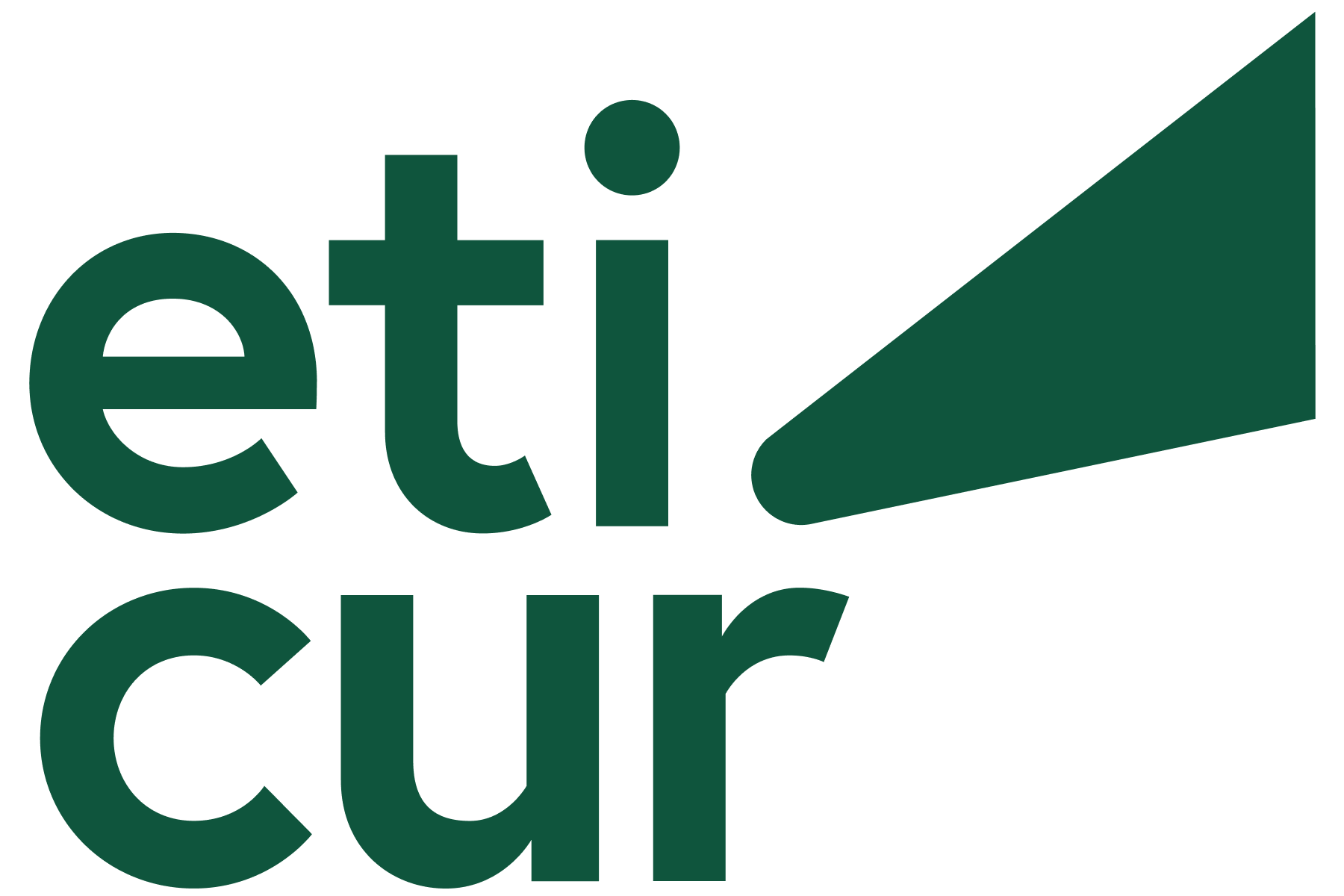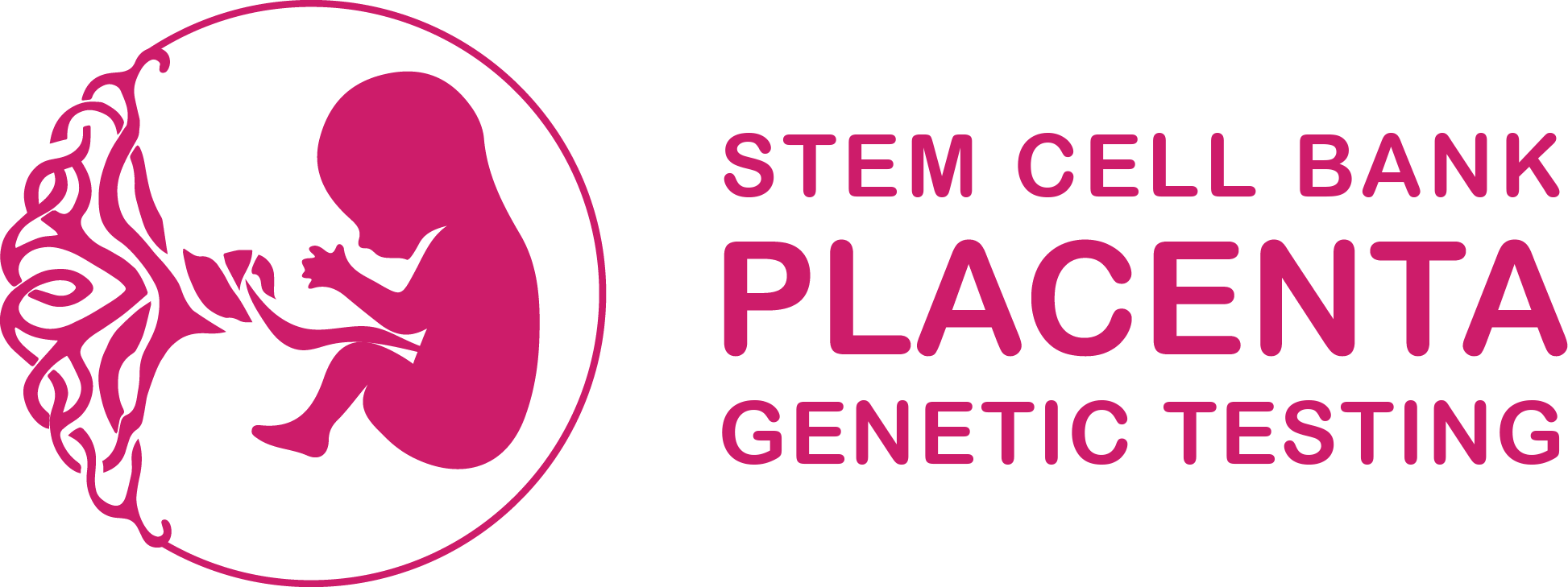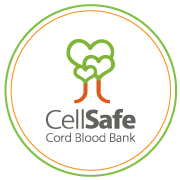Where are stem
cells used
Where are stem cells used
For the first time, umbilical cord blood cells were successfully used in 1988 in France. Several years later, this method was also introduced in Poland, and in 2007 umbilical cord blood was used for the first time with PBKM. So far, umbilical cord blood stem cells have been transplanted over 85,000 times worldwide, saving peoples’ lives and health. Umbilical cord blood may also be transplanted in Poland.
Medicine is now moving forward and the list of diseases in which stem cell transplantation is a therapeutic standard is becoming longer and longer. See what diseases may be treated using stem cells (according to the guidelines of the European organization dealing with stem cell transplantation - EBMT (European Society for Blood and Marrow Transplantation)).
List of medical conditions treated with stem cells
Acute leukaemias
- acute lymphoblastic leukaemia (ALL)
- acute myeloid leukaemia (AML)
- acute biphenotipic leukaemia
- poorly differentiated acute leukaemia
Chronic leukaemias
- chronic myeloid leukaemia (CML)
- chronic lymphocytic leukaemia (CLL)
- juvenile chronic myeloid leukaemia (JCML)
- juvenile myelomonocytic leukaemia (Naegeleg leukaemia) (JMML)
Myelodisplastic syndrome
- refractory anaemia (RA)
- refractory anaemia with ringed sideroblasts (RARS)
- refractory anaemia with excess blasts (RAEB)
- refractory anaemia with excess blasts in transformation (RAEB-T)
- chronic myelomonocytic leukaemia (CMML)
Diseases caused by stem cell defect
- aplastic anaemia(severe)
- Fanconi anaemia
- paroxysmal nocturnal haemoglobinuria
Myeloproliferative syndromes
- acute myelofibrosis
- myelofibrosis
- polycythaemia vera
- Essentials thromb ocythemia
- Agnogenic myeloid metaplasia
Hyperplastic disorders of lymphatic system
- non-Hodgkin lymphoma
- acute lymphogranuloma
- prolimphocytic leukaemia
Phagocytic disorders
- Chediak-Higashi syndrome
- chronic granulomatous disease (CGD)
- neutrophil actin dysfunction
- reticular dysgenesis
Disorders caused by the absence or malfunctioning of enzymes
- mucopolysaccharidoses (MPS)
- Scheie syndrome (MPS-IS)
- Hunter syndrome(MPS-II)
- Sanfilippo syndrome (MPS-III)
- Morquio syndrome (MPS-IV)
- Maroteaux-Lamy syndrome (MPS-VI)
- Sly syndrome, beta- glucoronidase deficiency (MPS-VII)
- adrenoleukodystrophy
- mucopolysaccharidosis
- mucolipidosis II
- Krabbe disease
- Gaucher disease
- Niemann-Pick disease
- Wolman disease
- metachromatic leukodystrophy
Histiocytic disorders
- familial erythrophagocytic lymphohistiocytosis
- histiocytosis -X
- hemophagocytosis
Inherited red blood cell abnormalities
- beta thalassemia
- pure red cell aplasia
- sickle cell anaemia
Inherited immune system disorders
- telangiectasia
- Kostmann syndrome
- leukocyte adhesion deficiency
- DiGeorge syndrome
- bare lymphocyte syndrome
- Omenn syndrome
- severe combined immunodeficiency (SCID)
- SCID adenosine deaminase deficiency
- SCID T and B lymphocytes negative
- SCID T lymphocytes negative and B lymphocytes positive
- common variable immunodeficiency
- Wiskotta Aldrich syndrome
- X-linked lymphoproliferative disorder
Other inherited conditions
- Lesch-Nyhan syndrome
- cartilage-hair hypoplasia
- Glanzmann’s thrombasthenia
- osteopetrosis (marble bone disease)
Hereditary thrombotic disorders
- mega-karyocytosis (inherited thrombocythemia)
Plasma cell disorders
- multiple myeloma
- plasmocythic leukaemia
- Waldenström’s macroglobulinemia
Other forms of cancer
- breast cancer
- Ewing’s sarcoma
- neuroblastoma (sympathicoblastoma)
- kidney cancer
Inherited red blood cell abnormalities
- beta thalassemia
- pure red cell aplasia
- sickle cell anaemia
Inherited immune system disorders
- telangiectasia
- Kostmann syndrome
- leukocyte adhesion deficiency
- DiGeorge syndrome
- bare lymphocyte syndrome
- Omenn syndrome
- severe combined immunodeficiency (SCID)
- SCID adenosine deaminase deficiency
- SCID T and B lymphocytes negative
- SCID T lymphocytes negative and B lymphocytes positive
- common variable immunodeficiency
- Wiskotta Aldrich syndrome
- X-linked lymphoproliferative disorder
Histiocytic disorders
- familial erythrophagocytic lymphohistiocytosis
- histiocytosis -X
- hemophagocytosis
Administration of stem cells brings benefits to patients with neurological disorders such as: autism and cerebral palsy
*Przeszczepienia w tych chorobach mogą być wykonywane w wyjątkowych sytuacjach klinicznych. Nie jest to metoda leczenia z wyboru.






















